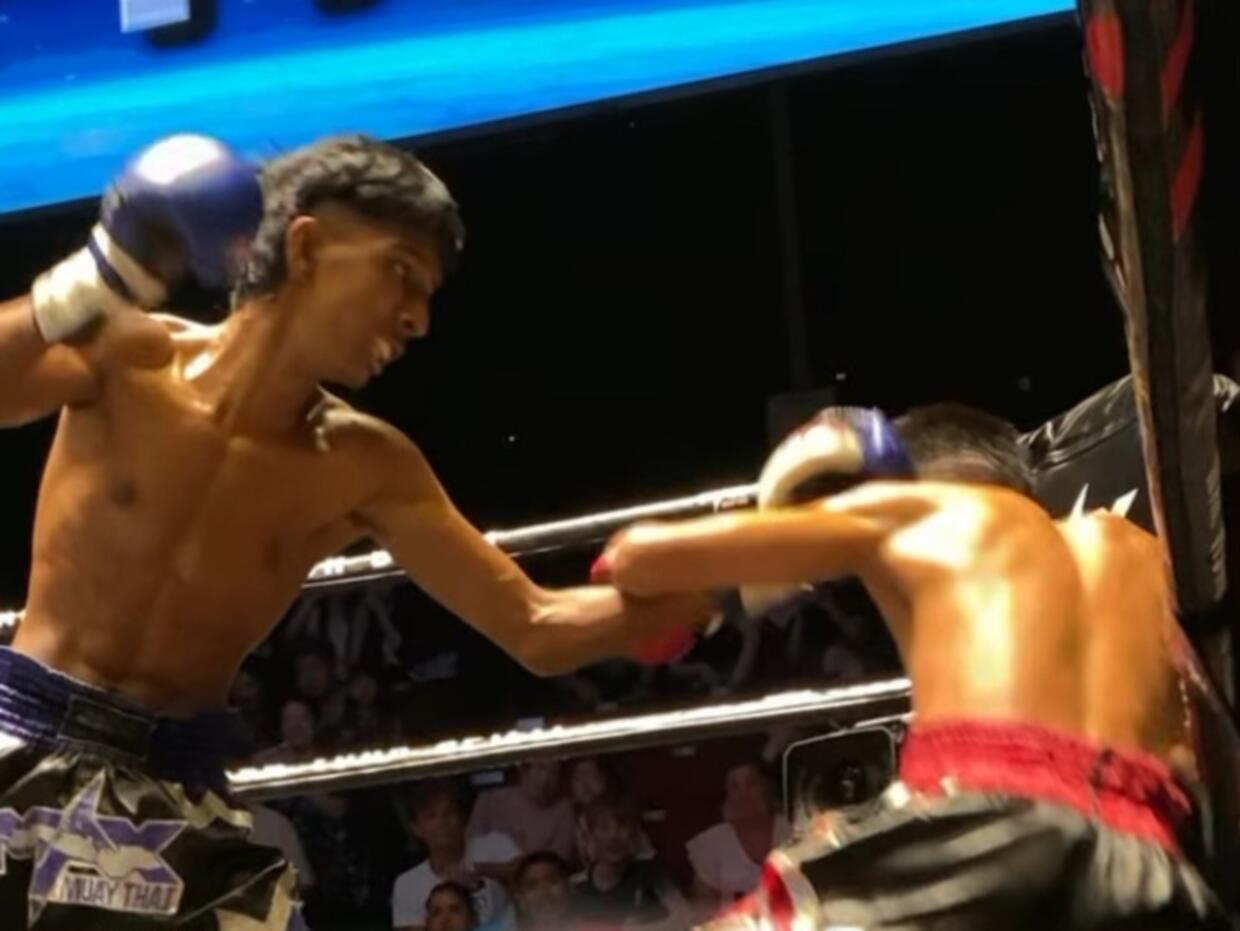“No to the PA Bill!” “No to the PA Bill!” “Hidup Rakyat!” (long live the people) “Bebas Himpun!” (freedom to assemble). These are the chants of people against the Peaceful Assembly Bill.
Its tabling by de facto law minister, Nazri Aziz, last Tuesday, caused an immediate negative public reaction. At the second reading last Thursday, some 50 people, assembled in front of the Parliament protesting against the Bill.
The Peaceful Assembly Bill, said to be in keeping with the reforms announced by Najib on the eve of Malaysia Day, is meant to be in aid of democracy, but has instead been almost universally criticised by all quarters as a regressive attempt to silence the public.
Malaysian have poured scorned on this supposed attempt by Najib to live up to his pledge of democratic reform following the crackdown on protesters participating Bersih 2.0.
Among the provisions introduced are that organisers of assemblies have to give the police 30 days’ notice, subjected to approval; disallowing teenagers under 15 years old to participate in any form of assembly besides religious and cultural events; and, those under 21 years old from organising and participating in assemblies.
The most damning provision is that street protests of any form will be disabled if the Bill is passed in the Parliament (read the full Bill HERE or the simplified FAQ HERE).
Twitter and Facebook groups have been abuzz with chatter of organising protest after protest until the Bill is withdrawn.
From Thursday’s protest, people then began to meet up in KLCC Park to show the public eye and the world that Malaysians deserve the right to walk freely and assemble peacefully without the government imposing any laws that determine how or what kind of protests, followed by a candlelight vigil that happened throughout major cities such as Kuala Lumpur, Ipoh, and Penang.
Major squares in Kuala Lumpur such as Dataran Merdeka were closed off by the police as they were addressing “security concerns.
A candlelight vigil was held in major cities such as Kuala Lumpur, Ipoh, and Penang. Public spaces in Kuala Lumpur such as Dataran Merdeka were cordoned-off by the police on “security concerns”.
Other citizen initiatives cleverly used internet tools sprung up, such as Hello MP 2011, Kill the Bill Picbadges, and Twitter hashtags #JomkeJalan (translated as Come, to the Streets) and #PA2011 have been used to spread information and awareness about the Peaceful Assembly Bill to Malaysians.
Myanmar: Better than Malaysia?
The fire was further fanned by news from Malaysia’s Southeast Asian neighbour Myanmar, which recently announced that its Parliament has approved a Bill that guarantees Burmese the freedom to assemble peacefully.
Some of the provisions made known include five days’ notification to the authorities before the assembly, while protesters are allowed to bring flags and other accessories to spread their message.
Many Malaysians have begun to draw comparisons between the Peaceful Gathering and Procession Bill of Myanmar and the Peaceful Assembly Bill of Malaysia, loudly exclaiming that Myanmar has better democratic reforms than Malaysia’s, especially when Najib proudly claimed that Malaysia has the “best democracy in the world” in his reform speech back in September 15.
Singaporeans have also begun to compare the oppressive provisions between the Peaceful Assembly Bill and their very own Public Order Act which was passed in 2009, which gives more power to the police to suppress dissent, thus reducing citizen action to a purely online or indoor activity. Public gatherings outdoors can only be held at Speakers Corner in Hong Lim Park.
Citizens taking charge
Even though the Cabinet has promised to make amendments to the Bill, it seems adamant in passing it.
But in Malaysia, political parties now find themselves experiencing trust issues when citizens discover how they conduct national affairs.
Come tomorrow, 29 November, the Malaysian Bar Council will initiate a large-scale Walk for Freedom in an attempt to prevent the bill from passing. East Malaysians who are cannot fly across the South China Sea to join the protest will also stage a protest in their respective cities as a dissenting voice against the hypocritical government.
The political powers that be of either ruling party or Opposition will need to realise that civil societies and ordinary citizens will not take this lying down. Things will become noisier from now on.













